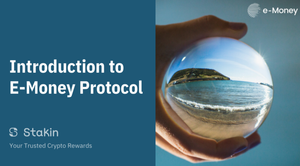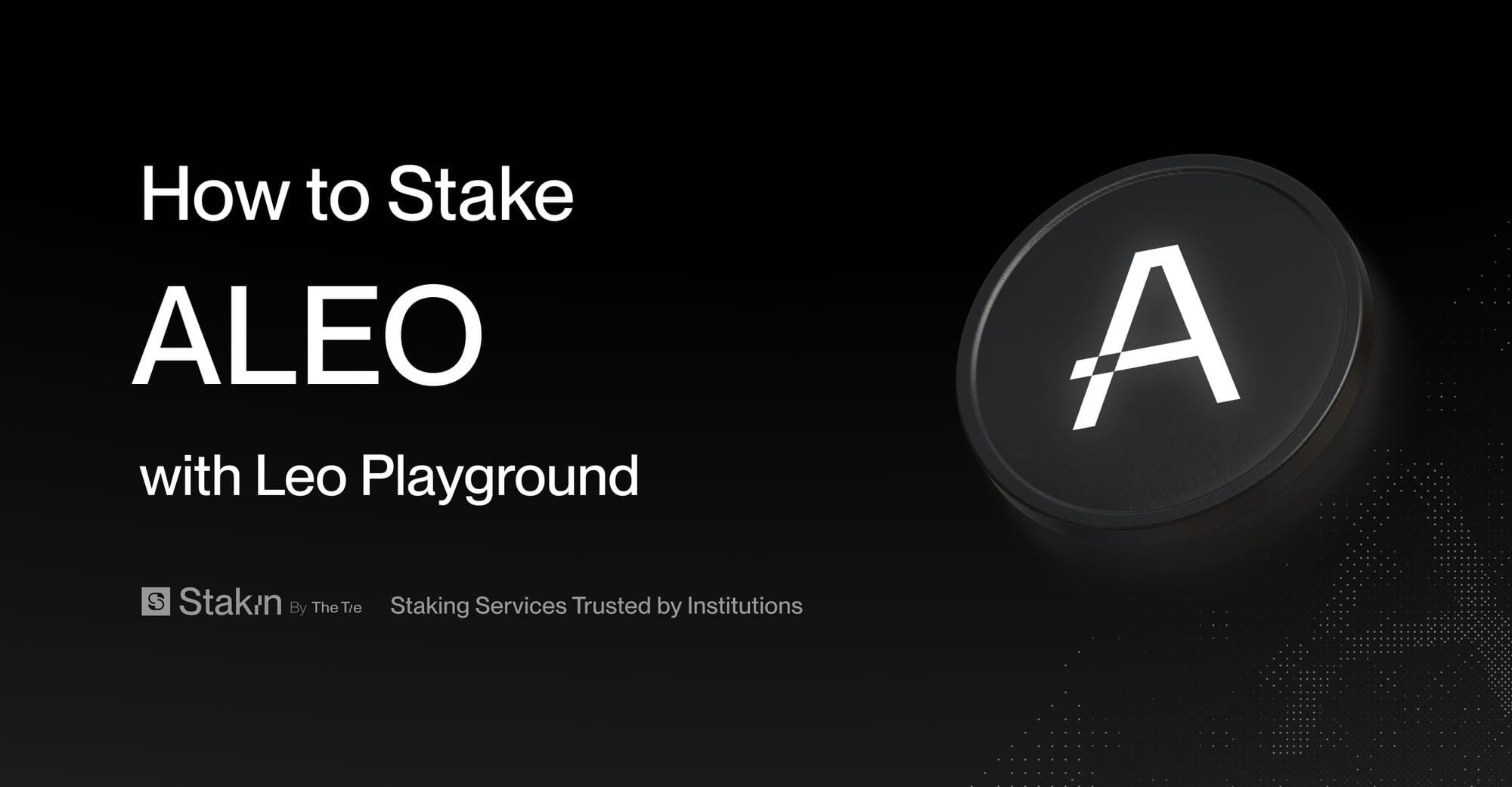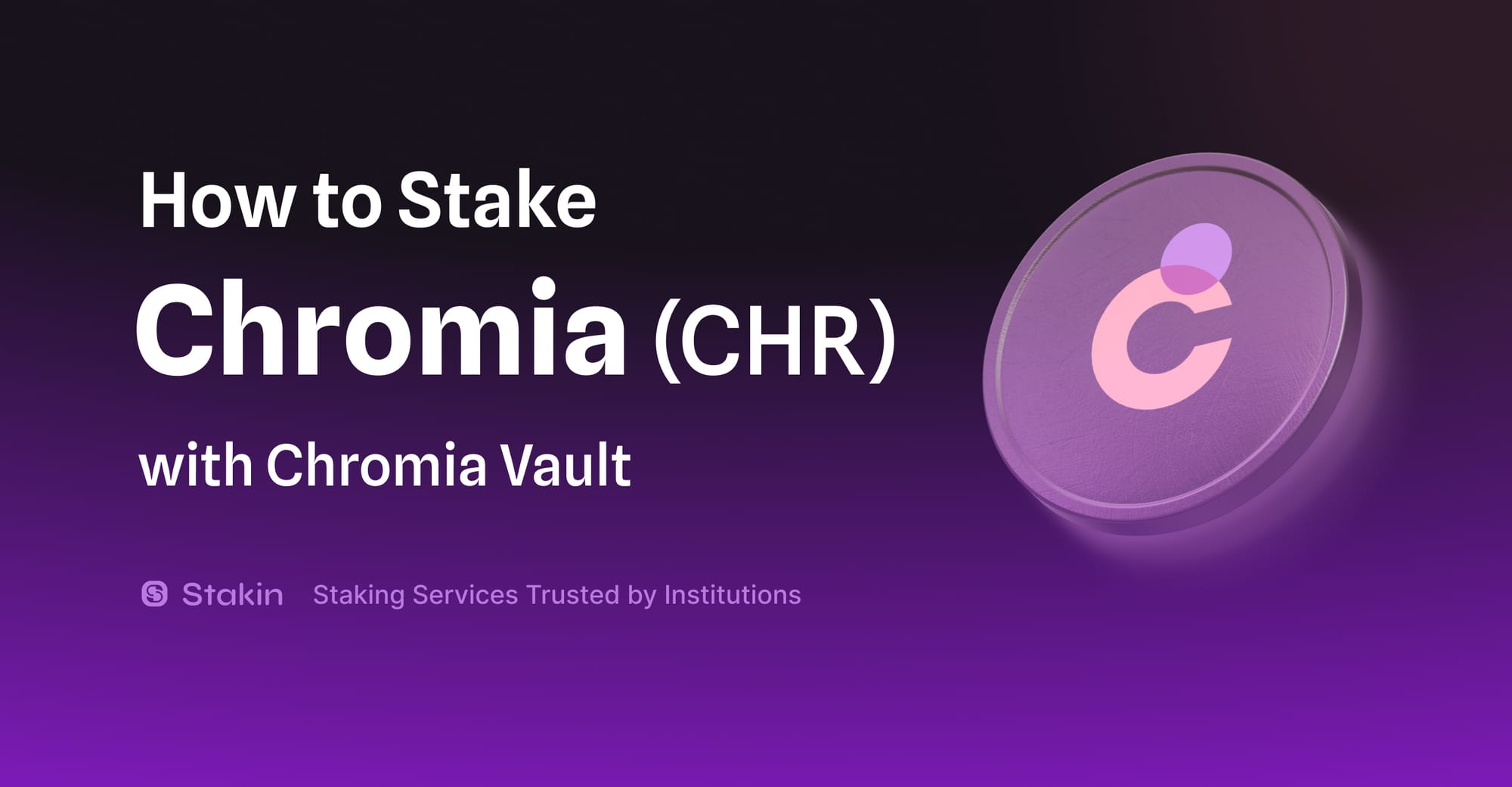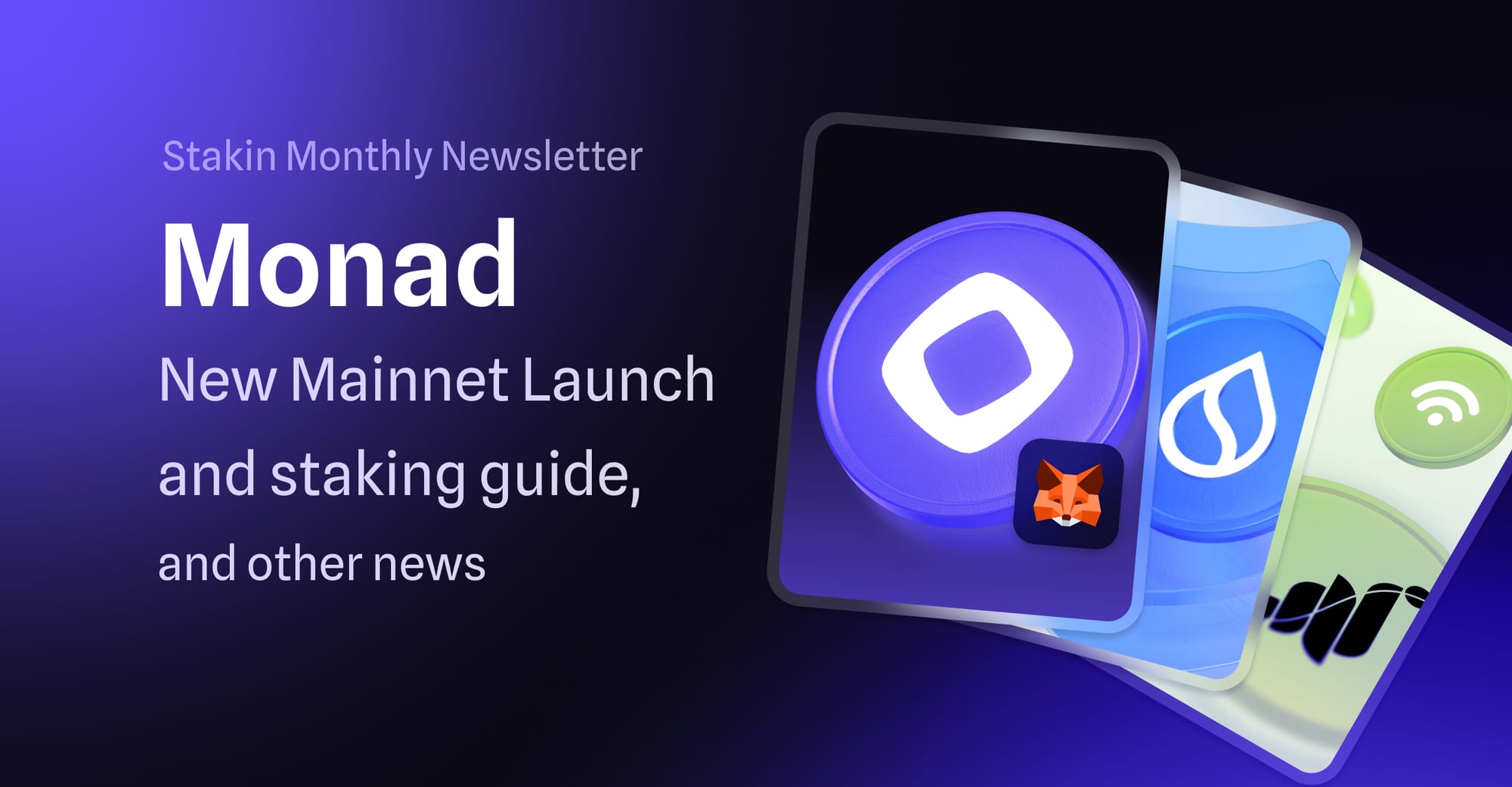The E-Money Protocol brings EUR, CHF, NOK, SEK, and DKK to the interchain ecosystem. After months of anticipation, the protocol, the e-Money wallet, the e-Money DEX, and staking for e-Money’s native NGM tokens have all been launched. Read on if you want to know everything there is to know about this new protocol.
Key Characteristics
Early research and prototyping of the e-Money Protocol started in 2016, and the team has since been working on bringing innovative currency-backed tokens to the market. The vision driving the protocol is to provide equal access to transparent financial services on a global scale while significantly reducing costs.
E-Money’s asset-backed tokens – further explained below – are issued in ecosystems such as the Cosmos Network and IRISNet. Just like these protocols, the e-Money protocol will run through a Proof-of-Stake consensus. The protocol also boasts scalability that allows real-time global payments, and easy integrations for any blockchain application.
- The block explorer at https://www.mintscan.io/emoney fully supports multiple token denominations, as well as DEX and Issuance Transaction types.
E-Money Tokens
The e-Money protocol is built for the issuance of multiple currency-backed tokens, one for each supported fiat currency, which will represent a proportional value of the bank reserve. Additionally, e-Money’s native NGM (New Generation of Money) token is used to secure and ensure the smooth running of the protocol. Users are incentivized to stake the tokens with e-Money validators to earn rewards. There was an initial circulating supply of 100,000,000 NGM with 9,285,000 NGM sold over e-Money’s token sale rounds. The token does not provide governance rights.
- NGM tokens are non-transferable and will only be used to transfer or trade on the on-chain market DEX if the issuer is on one side of the transaction.
Further details on e-Money’s token metrics can be found here.
Currency-backed Tokens
The big differentiator for the e-Money protocol is the currency-backed tokens, which can be used for payments between parties, as a store of value and, internally, to pay fees on transactions. The critical property of these tokens is that they do not correspond 1:1 with the currencies that underlie them. Instead, an exchange rate will exist between the bank reserve and the token; allowing the tokens to accrue interest and to become flexible and able to withstand unprecedented market conditions.
- e-Money currency-backed tokens will be fully collateralized, kept in segregated accounts and will be subject to quarterly audits by Ernst & Young
The protocol also features a built-in Decentralized Exchange (DEX). It is designed from the ground up to support the use-case of currency-backed tokens and to ensure a superior trading experience. These are the main characteristics of e-Money’s DEX:
- Only transaction fees need to be paid, no execution fees.
- No listing requirements, any token is immediately tradable.
- On-demand block generation to ensure quickly finalized transactions (transactions are confirmed in less than 500 milliseconds).
- Order matching allows a single order to trade through multiple instruments, ensuring the best possible price for each trade.
- For more information on how e-Money’s DEX works, please check this article.
Conclusion
As a staking provider and active contributor to the Cosmos ecosystem, we at Stakin have been supporting e-Money since the Lilmermaid-4 Testnet. Stable coins are key to the mass adoption of blockchain technology and cryptocurrencies. Many merchants, traders, and businesses require a stable and predictable currency for their transactions. We believe that e-Money, thanks to EUR, CHF, and other stable coins, will add a lot of positive value to the Cosmos ecosystem.
More Information
If you’d like to know more about Stakin, have a look at our Twitter or connect with us through Telegram, Discord, and Reddit.
DISCLAIMER: This is not financial advice. Staking, delegation, and cryptocurrencies involve a high degree of risk, and there is always the possibility of loss, including the failure of all staked digital assets. Additionally, delegators are at risk of slashing in case of security or liveness faults on some protocols. We advise you to do your due diligence before choosing a validator.



